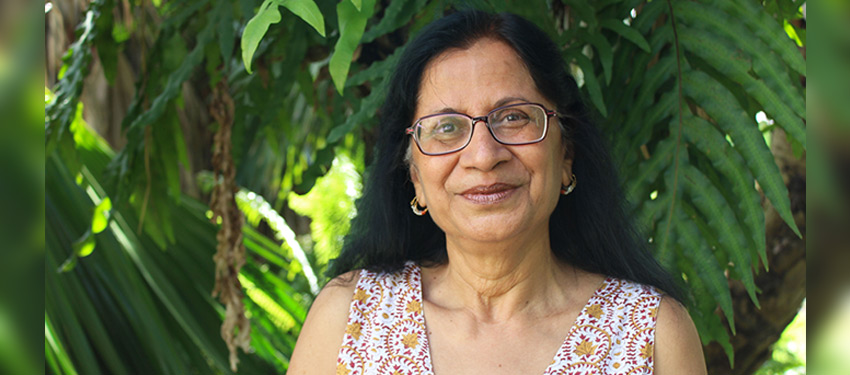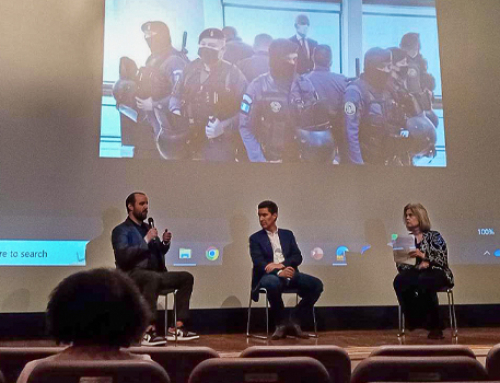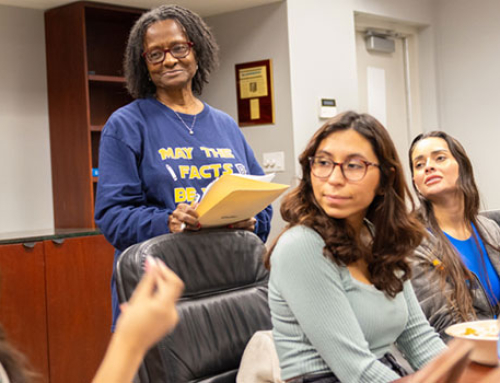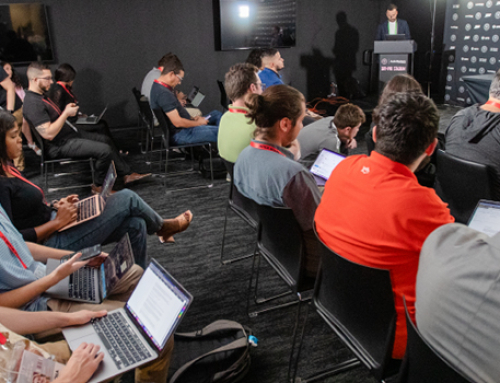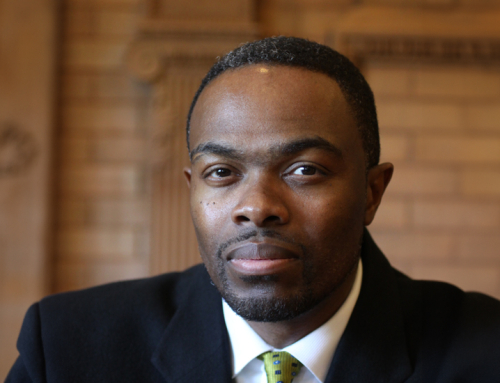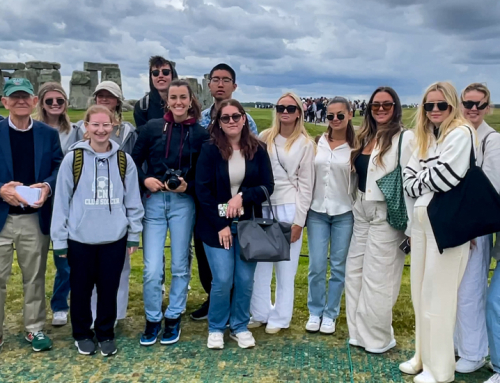Considering the diverse political, social, and economic environments spanning the globe, the definition of journalism morphs from culture to culture. School of Communication Professor Jyotika Ramaprasad explored these diversities through extensive quantitative research in India and Botswana.
Ramaprasad serves on the executive board of the Worlds of Journalism Study (WJS), an academically-driven data collection project. In its second phase, WJS members collected data from 27,500 journalists spanning 67 countries. Once cleaned and screened at the WJS Headquarters in Munich, the data became available exclusively to this network of researchers to use for research publications.
“We have very strict methodological requirements,” said Ramaprasad. “We have a timeline with about two to three years to collect the data…. Then, we have a moratorium of about three years where we don’t share the data publicly.”
Ramaprasad connected with journalists in India and Botswana to gather cultural insights into journalism norms and practice through a WJS-crafted questionnaire, contributing to an enhanced understanding of journalistic practices across the globe.
Global research of this scale is a remarkable undertaking, which results in significant findings. But first, significant challenges must be surpassed.
“India has so many regional-language media. If I go up to the east, I have to translate the questions to Bengali. If I am in the south, there are four south Indian languages. There are also different languages in the west,” said Ramaprasad. “It was quite a demanding task.”
The drive behind Ramaprasad’s duteous work: Understanding journalistic cultures from diverse vantage points. Western journalistic practices are the predominant perspective used to evaluate journalism in Global South countries. Oftentimes, this leads to a criticism of various countries’ journalistic efforts.
“We can’t impose American values everywhere. We have to understand each country’s journalism on its own terms, and we can’t keep America as the standard and judge other countries,” said Ramaprasad. “As researchers, we shouldn’t be judging, we should be presenting.”
Those interested in the global diversities of journalism can explore Ramaprasad’s comprehensive research in conjunction with findings from 65 other countries in Worlds of Journalism: Journalistic Cultures Around the Globe.
